Interested in sleep, infraslow oscillations, ageing, Alzheimer, memory, spindles, slow waves...
Program: poster session, discussion groups, 2 symposia, 7 short talks, & many opportunities to interact.
Register by Dec 19 at isrw.bio.uci.edu
All researchers focused on sleep/cognition welcome.
Program: poster session, discussion groups, 2 symposia, 7 short talks, & many opportunities to interact.
Register by Dec 19 at isrw.bio.uci.edu
All researchers focused on sleep/cognition welcome.
Friday, March 6, 2026, 8:00 am - 6:00 pm, Salon F
The workshop is open to all: experience with sleep research is not required. Register here: isrw.bio.uci.edu Registration Deadline, February 15th
@cogneuronews.bsky.social #SleepRelay

Friday, March 6, 2026, 8:00 am - 6:00 pm, Salon F
The workshop is open to all: experience with sleep research is not required. Register here: isrw.bio.uci.edu Registration Deadline, February 15th
@cogneuronews.bsky.social #SleepRelay
alz-journals.onlinelibrary.wiley.com/doi/10.1002/...

alz-journals.onlinelibrary.wiley.com/doi/10.1002/...

www.nature.com/articles/s41...
www.nature.com/articles/s41...

www.nature.com/articles/s41...
Summer School - May 4-8, 2026 - Lucca, Italy
Applications open: nodsummerschool.imtlucca.it

Summer School - May 4-8, 2026 - Lucca, Italy
Applications open: nodsummerschool.imtlucca.it
www.biorxiv.org/content/10.1...
And Paris' thread (@parboulakis.bsky.social):
bsky.app/profile/parb...
Where we explore the neural signature of mind blanking using EEG and fMRI combined!
www.biorxiv.org/content/10.1...
And Paris' thread (@parboulakis.bsky.social):
bsky.app/profile/parb...
Where we explore the neural signature of mind blanking using EEG and fMRI combined!

1/3 How do you correct for multiple comparisons? Do you take into account *all* comparisons that can render the paper publishable? Most of us don’t. In this NHB piece, Yoav Benjamini, Yoav Zeevi and I argue that it’s time to change our practices >>
www.nature.com/articles/s41...

1/3 How do you correct for multiple comparisons? Do you take into account *all* comparisons that can render the paper publishable? Most of us don’t. In this NHB piece, Yoav Benjamini, Yoav Zeevi and I argue that it’s time to change our practices >>
www.nature.com/articles/s41...
"Induction of cortical ON/OFF periods in awake mice fulfills sleep functions"
doi.org/10.1101/2025...

"Induction of cortical ON/OFF periods in awake mice fulfills sleep functions"
doi.org/10.1101/2025...
www.nature.com/articles/s41...
Led by Pauline Dodet - @dreamteamicm.bsky.social
We show that #sleep stage mixing predicts poor prognosis in #Parkinson.
Stage mixing = intrusions of wake-like activity during sleep, and vice versa. Estimated with hypnodensities extracted from PSG.

www.nature.com/articles/s41...
Led by Pauline Dodet - @dreamteamicm.bsky.social
We show that #sleep stage mixing predicts poor prognosis in #Parkinson.
Stage mixing = intrusions of wake-like activity during sleep, and vice versa. Estimated with hypnodensities extracted from PSG.
Break-even, where more money is paid out than burned by the process, is ~2 months time investment per application (assuming only few admin/review/non-submitted efforts).
Uncomfortably close to predatory territory: doi.org/10.1111/imcb...
Break-even, where more money is paid out than burned by the process, is ~2 months time investment per application (assuming only few admin/review/non-submitted efforts).
Uncomfortably close to predatory territory: doi.org/10.1111/imcb...


Distributed and gradual microstructure changes are associated with the emergence of behavioural benefit from memory reactivation
doi.org/10.1162/IMAG...
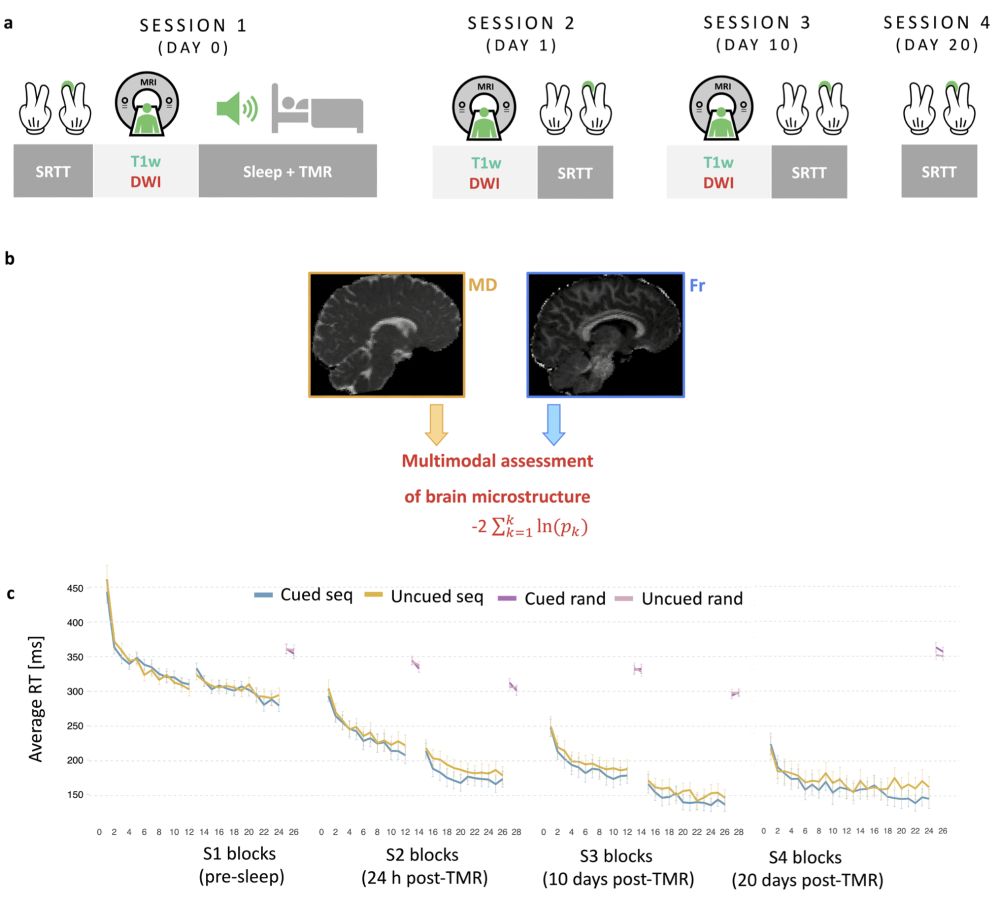
Distributed and gradual microstructure changes are associated with the emergence of behavioural benefit from memory reactivation
doi.org/10.1162/IMAG...
@alzassociation.bsky.social

@alzassociation.bsky.social
After years of effort led by @qualiastructure.bsky.social (Nao Tsuchiya and William Wong), Jenny Windt, Katja Valli, Valdas Noreika and @rherzoga.bsky.social, the Dream database is now published in @natcomms.nature.com
**A dream EEG and mentation database**
rdcu.be/eAwni

After years of effort led by @qualiastructure.bsky.social (Nao Tsuchiya and William Wong), Jenny Windt, Katja Valli, Valdas Noreika and @rherzoga.bsky.social, the Dream database is now published in @natcomms.nature.com
**A dream EEG and mentation database**
rdcu.be/eAwni
www.cell.com/current-biol...
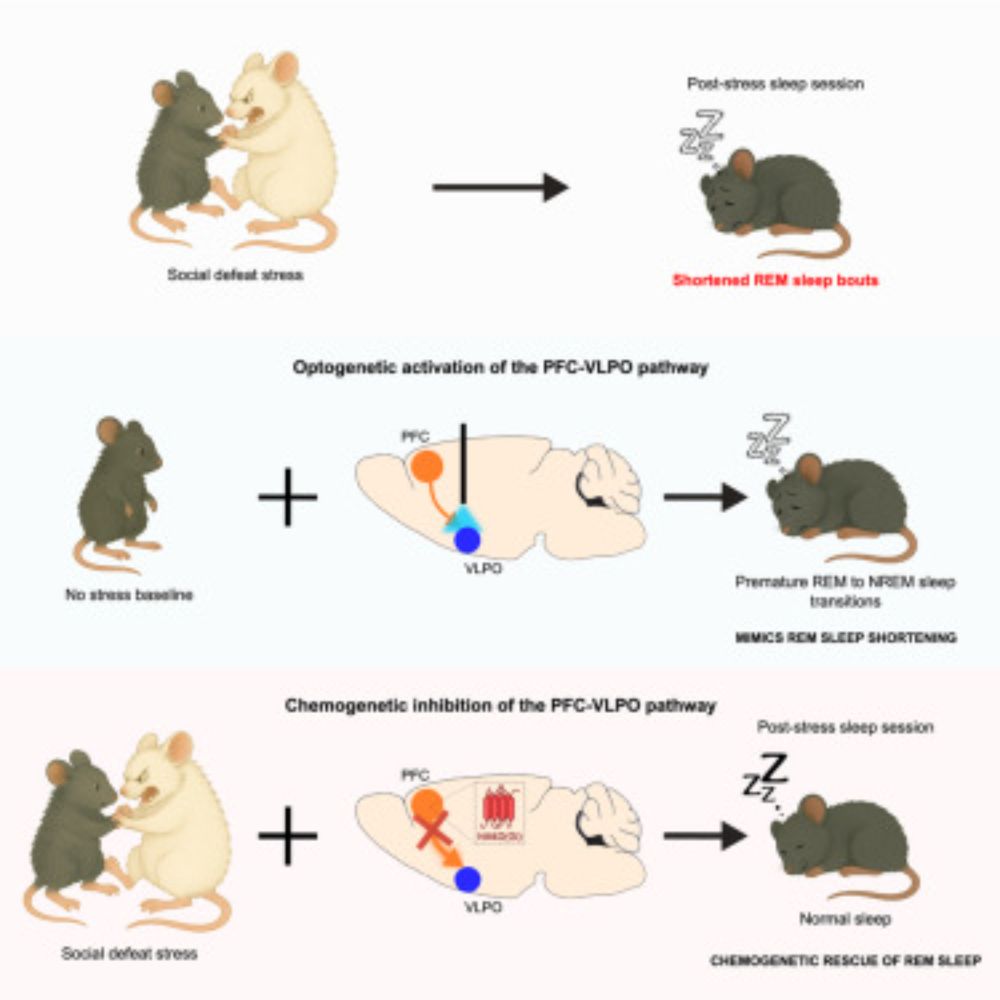
www.cell.com/current-biol...
@esrs.bsky.social
onlinelibrary.wiley.com/doi/10.1111/...

@esrs.bsky.social
onlinelibrary.wiley.com/doi/10.1111/...
Congrats Elaine, @thomasandrillon.bsky.social and co-authors!
Sleep-like Slow Waves During Wakefulness Mediate Attention and Vigilance Difficulties in Adult ADHD
We show that intrusions of sleep-like activity during wake help explain attention lapses in ADHD.
🔗 www.biorxiv.org/content/10.1...
#ADHD #Sleep #Neuro
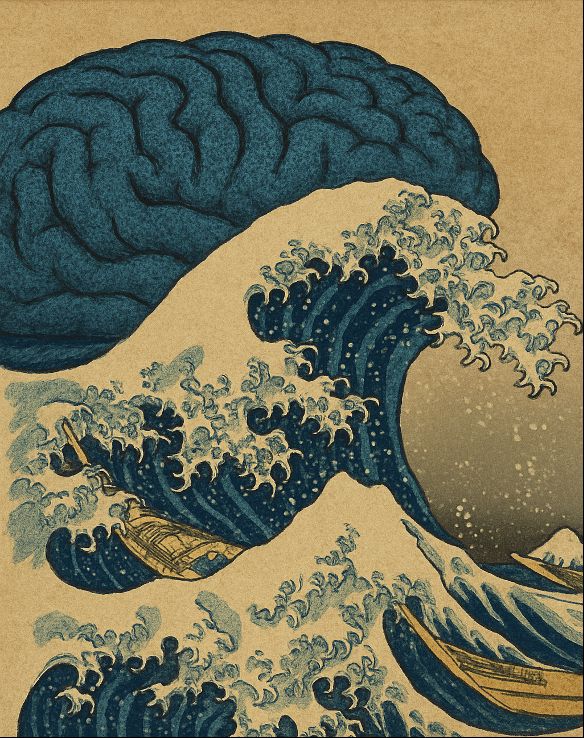
Congrats Elaine, @thomasandrillon.bsky.social and co-authors!
Full program here:
www.unicog.org/seeing-the-m...
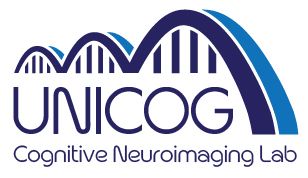
Full program here:
www.unicog.org/seeing-the-m...
👉 We found that higher REM sleep EEG slowing was associated with cholinergic denervation in older participants with and without MCI.
#REMsleep #cholinergicsystem
www.ru.nl/en/donders-i...
@alfiewearn.bsky.social @sitek.bsky.social @sofievalk.bsky.social
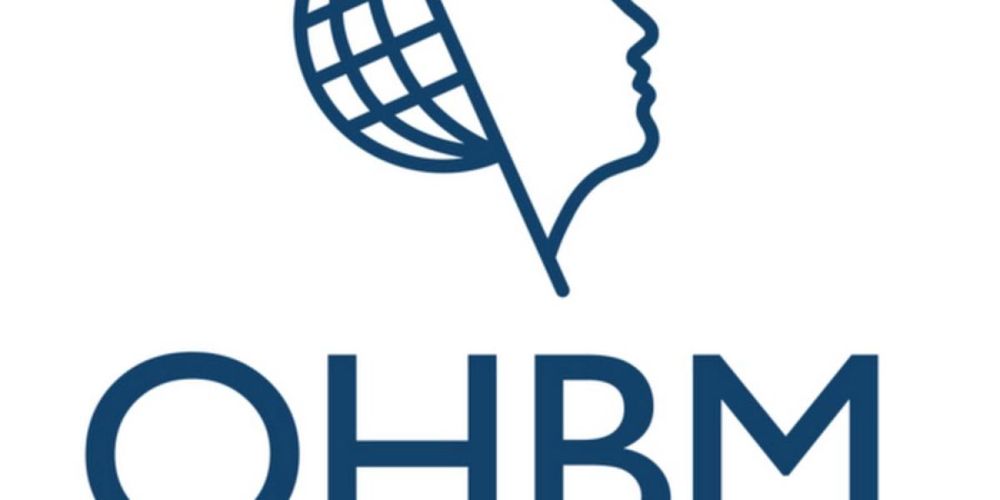
www.ru.nl/en/donders-i...
@alfiewearn.bsky.social @sitek.bsky.social @sofievalk.bsky.social
journals.physiology.org/doi/full/10....


